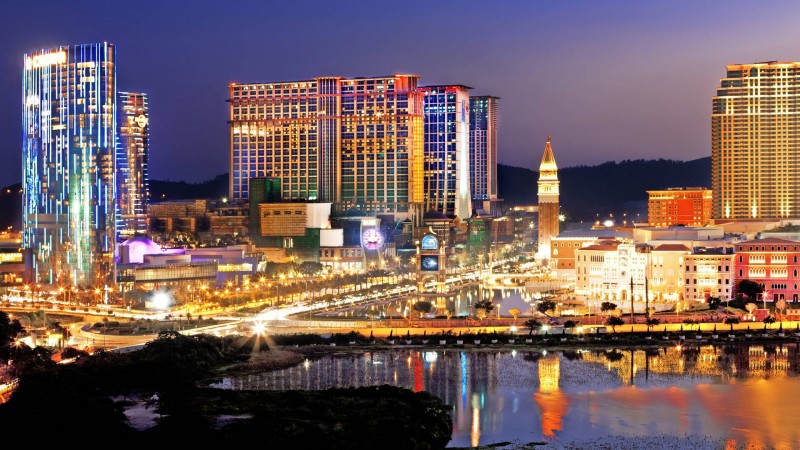Casinos in Macau, the world’s biggest gaming hub, now face uncertainty amid COVID-19 restrictions and an ongoing Chinese government crackdown on the profitable junket business. The enclave, which heavily relied on this market -by arranging transportation, accommodation and credit to gamble for VIP clients-, now looks to everyday gamblers for relief in the short term.
With most junket gaming rooms now closed and travel restrictions preventing mass-market customers to arrive, casinos in the former Portuguese colony are seeing their financial outlooks called into question, including operators such as Wynn Macau, Sands China and MGM China, according to an analytical article from Reuters this week.
VIP gaming rooms, which made up about a third of Macau’s gaming revenues in 2019, have taken a big hit following the arrest last month of Alvin Chau, head of Macau’s biggest junket operator, Suncity. Since the arrest, shares of Wynn Macau have plunged about 23%, Sands China has fallen about 13% and MGM China dropped 20%.
Chau’s fall, accused of setting up an illegal cross-border gambling network by facilitating gaming for bettors in mainland China, where gambling is illegal, prompted revenue in the junket business to dry up. Casinos will now have to replace this revenue by drawing mass-market gamers, according to analysts, which will imply controlling COVID-19.
“The pace of recovery in late 2021 and 2022 depends on COVID outbreaks, travel restrictions coming down, and the key to recovery is to have mass players coming back to Macau at more normal levels,” analysts at Bernstein cited by Reuters said. “The future remains in mass and premium mass recovery.”
“Mass” refers to mom-and-pop players who play table games such as baccarat or blackjack, or slots. Meanwhile, premium mass includes players who bet large amounts that they earn complimentary rooms, food and transportation, but do not have their losses discounted nor are they extended credit from the casinos.
Chau’s arrest does not only imply the end of a profitable business, but might also signal the end of a lifestyle Macau had grown to embody, according to an analytical report by Wall Street Journal. Chau symbolized the city’s good times: he sponsored motor races, produced movies, and posed with celebrities on the society pages.
While China’s central government had long warned that outflows of capital from mainland China represented a national security risk, which the junket industry allegedly helped happen, the new measures seem to try to put an end to this.
Moreover, officials launched a gambling review in the enclave in mid-September, further spooking investors: changes proposed would seek to boost regulatory oversight of Macau’s casino industry.
“China had long turned a blind eye to what mainland visitors do when they come to Macau,” said Ben Lee, a Macau-based gambling consultant cited by WSJ. “Not anymore.”
Since 2020, Beijing has ramped up its campaign against cross-border gambling: government and legal notices have been issued, and laws making it a crime to organize overseas gambling have been updated.
While many analysts speculated this, along with Chau’s arrest, signals an end to junket operations in Macau, Lei Wai Nong, Secretary for Economy and Finance, said earlier this week they would still be allowed to operate in the future.
However, he warned VIP rooms would have to “fulfill all legal requirements,” underlining junkets should be mindful that, when carrying out gambling promotion activities, “they must respect Macau regulations,” as well as those of other jurisdictions.
With current junket operator licenses set to expire by December 31, the future of the business is still to be determined. The gaming law revision public consultation document included VIP gambling promotion, signaling junket operators would still be allowed to exist, although most likely under a system with increased penalties.



